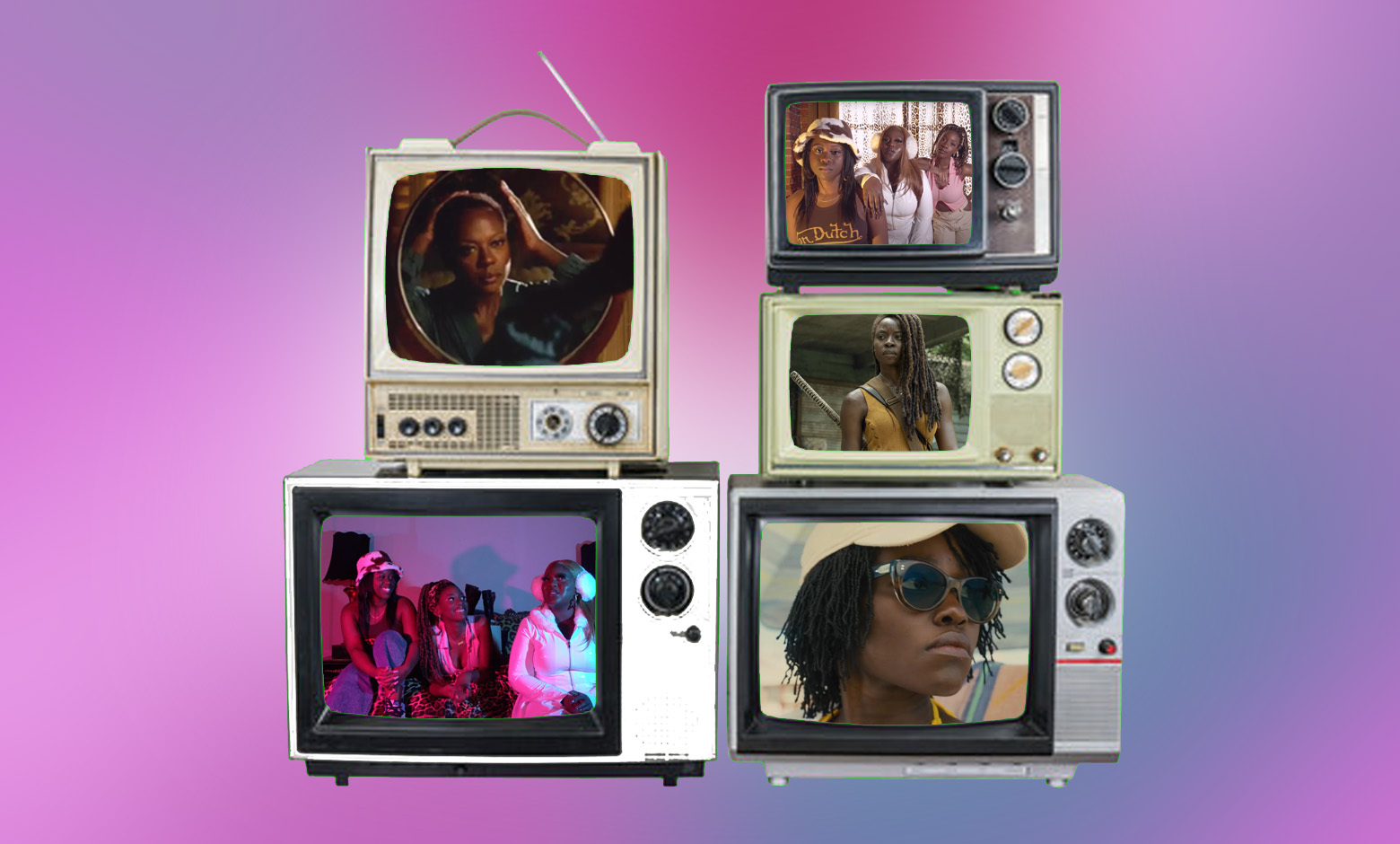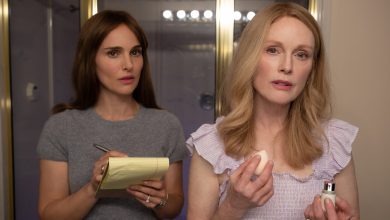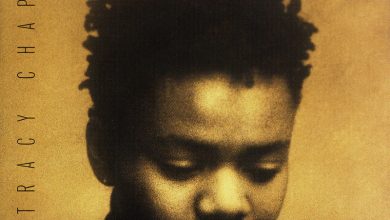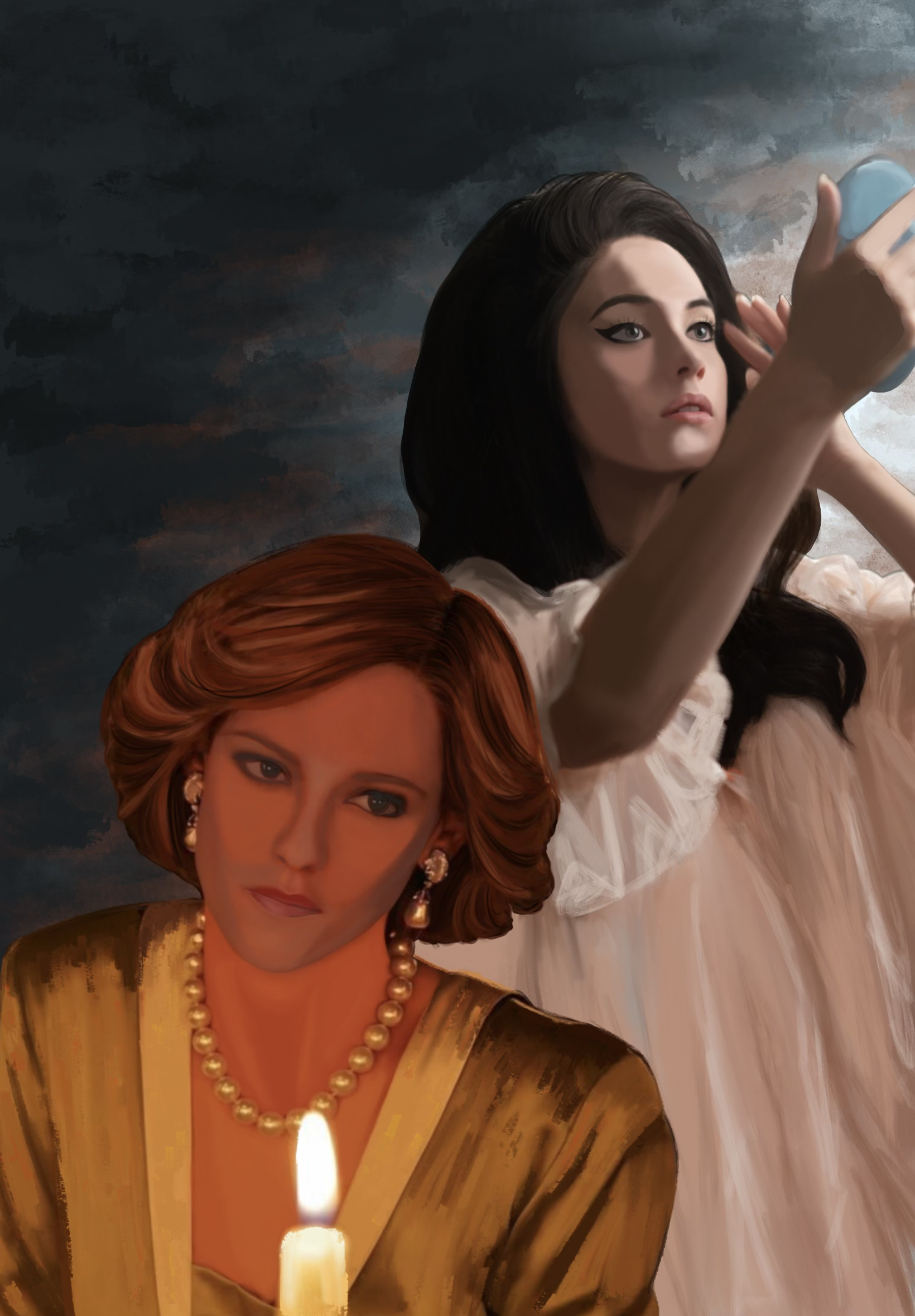Sweeter the Juice: Why Black Women’s Representation in Entertainment Still Isn’t Enough

Design by Shannon Boland
When I was a little girl, I thought Cleo from “H2O: Just Add Water” was Black. Yes, I am talking about Phoebe Tonkin, and yes, you can laugh. For those who don’t remember, “H2O” was a 3 seasons long mid-late 2000s Australian TV show (that got a weird surge in popularity with the nostalgic “Nor Cleor” TikTok video trend) about 3 teenage best friends turned problem-solving mermaids.
My 2007 Google search bar was flooded with increasingly desperate predictive text along the lines of, “Is Cleo from H2O Black”, “Black girl mermaid H2O”, and “Phoebe Tonkin Black”. In retrospect, there really wasn’t much evidence for me to formulate such a strong opinion. Her parents and siblings on the show were white with no insinuation to a secret Black parent or adoption, she wasn’t included in the usual round up of Black and biracial actors thrown together for Black History Month promo, and there weren’t any interviews asking her what it was like to be a Black mermaid on a popular kid’s show. Looking back, I can recognize the projection of Blackness I put onto her character since Phoebe Tonkin was the only lead minority on the show (she was a brunette bless her heart). I had also internalized a major theme in Hollywood: the idea that racial ambiguity is often coded for Blackness. Even at that age, I had come to realize that Black –– and especially dark skin –– representation in entertainment came few and far between; so clinging to the wavy haired brunette lead of an Australian TV show was some of the best I could get.
I wish I could say that in the 15 years since “H2O” was released, the state of representation for Black dark skinned women in the entertainment industry has vastly improved. It has not. In the 92 years since the first Academy Awards Ceremony in 1929, only one Black woman has ever won for Best Leading Actress, and it was Halle Berry 20 years ago for “Monster’s Ball. There are so many levels to unpack with that one. Firstly, it is simply astonishing that in the last 92 years of filmmaking, the Academy has only deemed one Black woman’s performance worthy of a Best Leading Actress win. On top of that, the first and only ever Black woman’s win was in 2001 and it was Halle Berry, a light skinned, biracial actress. The final nail in the coffin is that the only Best Leading Actress win in Academy history is from a grueling tale about a racist prison guard falling in love with the African-American wife [Berry’s character] of the last prisoner he executed. Why is it that Black trauma stories are the ones that get mainstream acclaim? Why is the only representation Black women can look forward to are those that visually recreate all the violence they already experience? In all fairness, it is typical for the Academy of Motion Picture Arts and Sciences to gravitate towards the tearjerkers and dramatic performances when doling out Oscars and nominations (like seriously, did “Marriage Story” really deserve all 6 Oscar nominations?).
However, how is it that the comedies that break through for nominations like “Lady Bird’s” Best Picture and “When Harry Met Sally’s” Best Original Screenplay are so predominantly white? Even beyond using the Oscars as a barometer for critical success, why is the entertainment industry so dependent on rooting Black women’s stories in pain? There is serious bank in the consumption of African American trauma porn from the 2014 Oscars Best Picture winner and 9 figure grossing film “12 Years a Slave”, to today’s influx of racism themed content like the depictions of picaninny dolls and Ku Klux Klan idolatry in Amazon Studios’ “Them”. Even though there is plenty to explore in African American history and trauma, it is simply exhausting to watch. As Viola Davis once said, “the one thing I feel is lacking in Hollywood today is an understanding of the beauty, the power, the sexuality, the uniqueness, the humor of being a regular Black woman.” The blacker the berry, the sweeter the juice extends beyond just fruits.
While dark skinned actresses like Viola Davis and Lupita Nyong’o absolutely devour their period piece dramatic acting roles, Black women deserve to occupy non-traumatic spaces in entertainment. Dark skinned women deserve to be pretty mermaids and romantic comedy heroines. On and off screen, Black women deserve to lead.
The struggle for representation doesn’t stop at getting roles in front of the camera. The fabric of the entertainment industry and its visuals — hair, makeup, lighting — have all been established to cater to the white gaze. Beauty school curricula often don’t require training for textured hair types, leaving many Black actors and actresses to fend for themselves when it comes time for hair and makeup. Monique Coleman from the “High School Musical” series adopted headbands as an affectation for her character because no stylist on set could install her hair correctly.Yvette Nicole Brown from shows like “Drake and Josh” and “Community” reported that many Black actresses in the industry come to sets with their hair done and in their own shade of foundation. Even the notorious Halle Berry pixie cut, plastered on Black beauty salon walls across the country, was an active choice to ease the beauty process as a result of bad experiences with on set stylists.
In the world of lighting and photography, there have been many an ashy red carpet photographs and magazine covers. Entertainment industry photographers often fail to capture Black models appropriately, whether it be through applying white photography standards to darker skinned subjects or in over compensatory attempts to make statements on race. When white and lighter skinned photography standards are applied to dark skin, the results can make skin appear muted or washed out. Take white photographer Annie Leibovitz, who caught an intense amount of flack for unflatteringly shooting Simone Biles’ August 2020 U.S. Vogue cover as an example. Despite Leibovitz’s reputation for iconic celebrity portraits (including John Lennon’s 1980 Rolling Stone cover shot hours before his death), her photo feature of Simone Biles was panned as ashy and uncomplimentary to the subject.
In the same year, Viola Davis appeared on the cover of Vanity Fair recreating the pose from “The Scourged Back”, a visceral image of an African American man posing hands akimbo with severe whipping scars protruding from his back. The sentiment behind Viola Davis’ homage was to visualize her success as a Black actress in spite of all the intersections of racism and sexism actively working against her. Viola’s photoshoot was met with praise, especially since it was taken and directed by Dario Calmese, the first Black photographer to shoot a Vanity Fair cover. Calmese claims his objective was to rewrite the narrative, “not only on slavery, but also the white gaze on Black bodies, and transmuting that into something of elegance and beauty and power.” Once again, we circle back to this idea of dark skin Black women constantly being a representative for trauma and violent racial history. I can’t help but imagine a place with Black women present in front and behind the magic, where someone can exist without having to transmute something into elegance and power. I can empathize with the silent expectation around Calmese’s Vanity Fair debut and imagine conversations among Conde Nast higher ups along the lines of: “it’s the first Black photographer and Viola Davis is on the cover – we gotta say something about race… and make it transformative.”
Not only is increasing the demand for dark skinned Black women in entertainment essential to holding Hollywood accountable, but as is repeating dark skinned Black women’s representation. Behind and in front of the screen, the expectations for the roles Black women can fill need to change. The more we see dark skinned Black women be pop stars (say thank you Normani and Bree Runway), play superheroes, and don magazine covers, the less the need for every dark skinned Black appearance to transform or subvert something.This idea that every image of Black success has to be tied to subverting the norms of racism is violent and invalidating. Black people deserve to exist and succeed without constantly comparing their success to historically white standards. Dark skinned Black women are fully capable to lead in roles on screen and off, dramatic and comedic, and I for one cannot wait for the era of the dark skinned Black girl.




